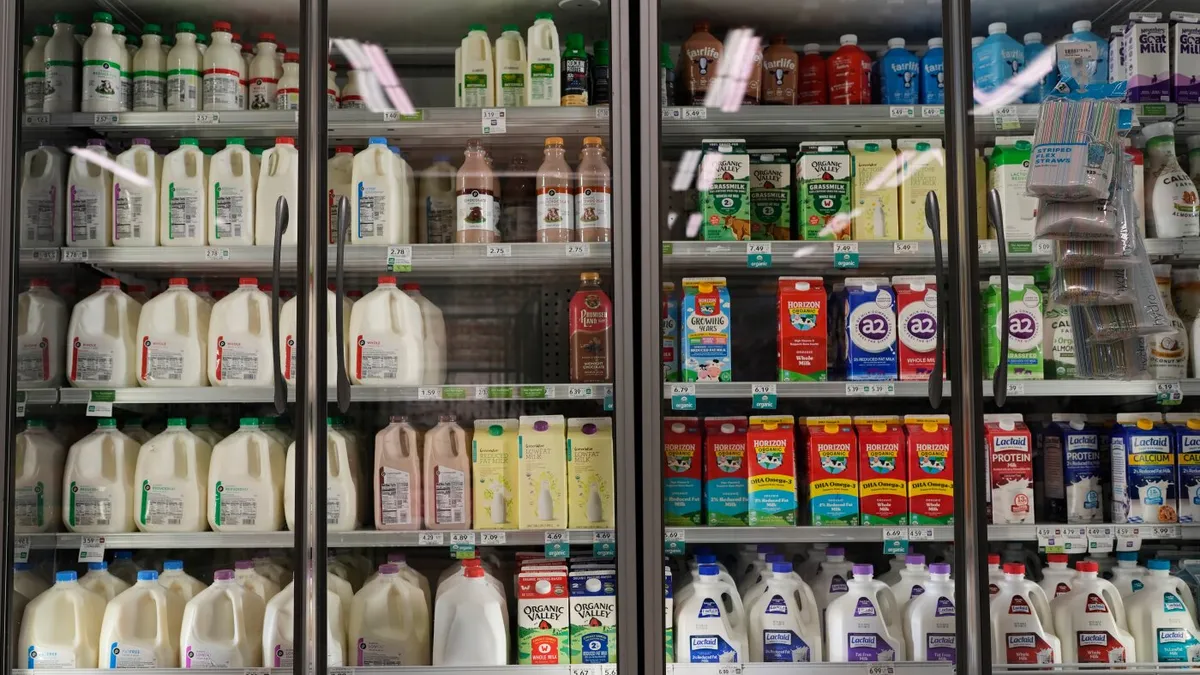
The Trump administration is under significant pressure as it approaches critical deadlines on Monday to inform two federal judges regarding its compliance with court orders to continue funding the Supplemental Nutrition Assistance Program (SNAP). This program is the largest food aid initiative in the United States, serving approximately 1 in 8 Americans and costing around $8 billion monthly. The uncertainty surrounding SNAP funding is particularly concerning amid the ongoing government shutdown, which has led the U.S. Department of Agriculture (USDA) to announce a freeze on payments starting November 1.
The looming shutdown means that millions of Americans could face challenges in securing their next meals. The USDA's decision to halt funding has sparked anxiety among beneficiaries, as many rely on SNAP to meet their basic nutritional needs. Regardless of the court outcomes, beneficiaries will experience delays in receiving their benefits for November. This is due to the typical schedule of reloading cards, which can take a week or longer in various states.
In response to the USDA's plans, Democratic state attorneys general and governors from 25 states, along with the District of Columbia, have initiated legal challenges against the administration. They argue that the government has a legal obligation to ensure that SNAP continues to function within their jurisdictions. Additionally, cities and nonprofit organizations have joined in filing lawsuits to protect the program from suspension.
On Friday, judges in Rhode Island and Massachusetts issued separate rulings mandating that the administration must continue funding for SNAP. Both judges allowed the administration flexibility regarding whether to provide full or partial funding for the program in November. The USDA has a $5 billion contingency fund earmarked for SNAP, though the Trump administration has reversed a previous decision to utilize these funds to maintain SNAP operations.
U.S. District Judge John J. McConnell in Providence, Rhode Island, emphasized the need for SNAP funding to proceed, at least partially, through contingency funds. He requested an update on the administration's progress by Monday and stated that all previously established work requirement waivers should remain in effect. However, during the shutdown, the USDA has terminated existing waivers that exempt work requirements for vulnerable populations, including older adults and veterans.
In Boston, U.S. District Judge Indira Talwani ruled that the suspension of SNAP funding was unlawful. She ordered the federal government to confirm by Monday whether it plans to utilize emergency reserve funds to provide reduced SNAP benefits for November or to fully fund the program using both contingency and additional available funds.
Advocates and beneficiaries of SNAP contend that discontinuing funding would force individuals and families to make dire choices between purchasing groceries and paying other essential bills. In response to the crisis, most states have announced plans to expedite funding for food banks or implement innovative strategies to load at least some benefits onto SNAP debit cards. For families to qualify for SNAP in 2025, a family of four's net income, after certain deductions, must not exceed the federal poverty threshold of approximately $32,000 annually.
Last year, SNAP provided assistance to nearly 42 million individuals, with about two-thirds of recipients being families with children. The ongoing legal battles and the government's response to the funding crisis will significantly impact the livelihoods of millions of Americans who depend on this crucial safety net.